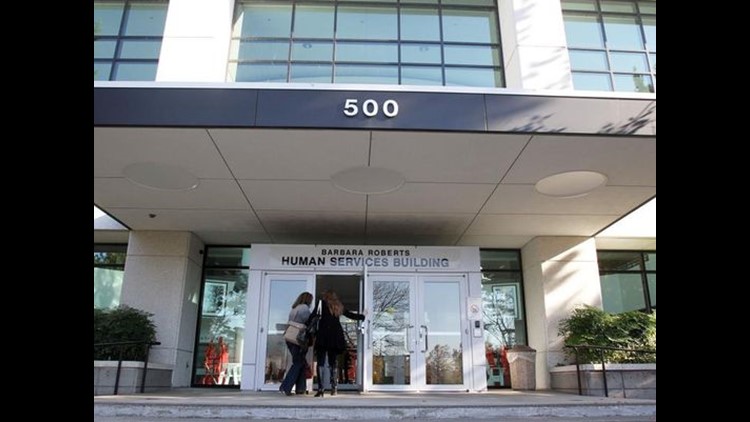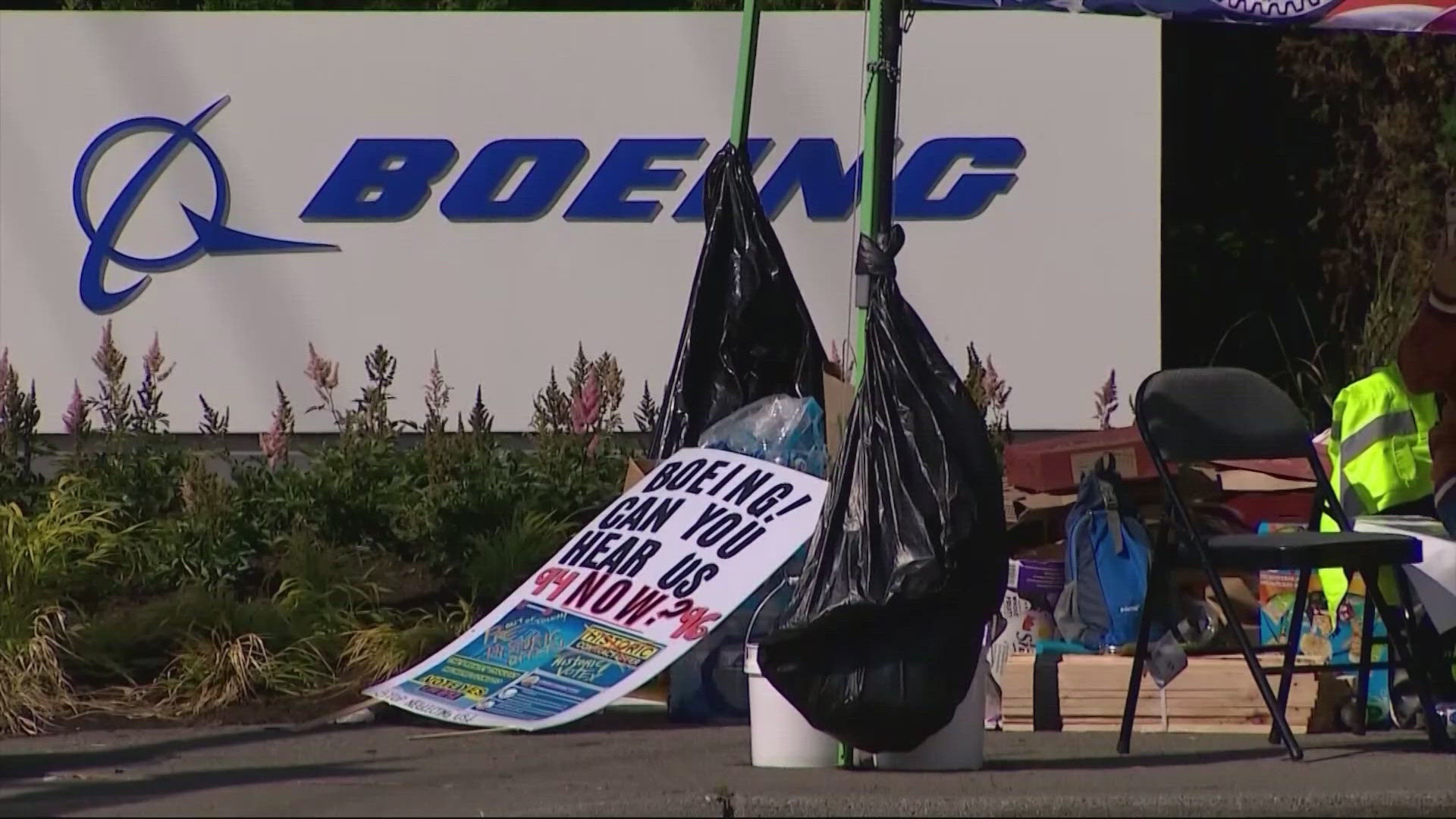SALEM, Ore. — Officials at the Oregon Department of Human Services are considering a move that would make it harder for the public to access child abuse investigations.
Oregon Public Broadcasting reports similar records in the past have helped reveal systemic child abuse.
The state agency is considering narrowing the type of abuse records that can be accessed for children who are placed in care outside of a home, such as a boarding school, a wilderness facility or some other kind of residential program.
The rule change being proposed would allow agency leaders to largely deny most public records requests, blocking any details of substantiated or unsubstantiated abuse.
In 2018, the state started quietly increasing the number of children placed in foster care who were sent to facilities in other states.
Initially, child welfare officials didn’t alert the public or lawmakers. OPB reports they often delayed responding to public records requests in a timely fashion, including revealing the names of the facilities where children were sent.
Two years later, after a protracted battle to get the agency to turn over relevant records it was evident most of the youth being abused were being sent to facilities owned by one company.
That company has now been forced to close its residential treatment facilities across the nation. and Oregon leaders have pledged to no longer send children out of state.
Sen. Sara Gelser Blouin, D-Corvallis, who has a reputation for watchdogging the state agency and relied on records to uncover abuse herself, said she’s worried the proposed rule protects adults, not vulnerable young people.
“Confidentiality should protect children and families and not the state and people who are paid to take care of children and have harmed them,” Gelser Blouin said.
The Oregon Department of Human Services tried to convince legislators to make this change in 2021, but lawmakers refused.
Now, the agency is trying to accomplish the same goal through the rulemaking process.
Jake Sunderland, a spokesman with Oregon Department of Human Services, said the effort began when an employee within the department’s Office of Training, Investigations and Safety (OTIS) noted their belief that the level of information being disclosed in Oregon could conflict with federal child welfare privacy laws.
“There is a lack of clarity whether that is actually an issue,” Sunderland said, adding the agency is now planning on a comprehensive analysis to determine whether that is the case.
Sunderland said the agency is going to extend the public comment period of the rulemaking process to allow for further discussion.



